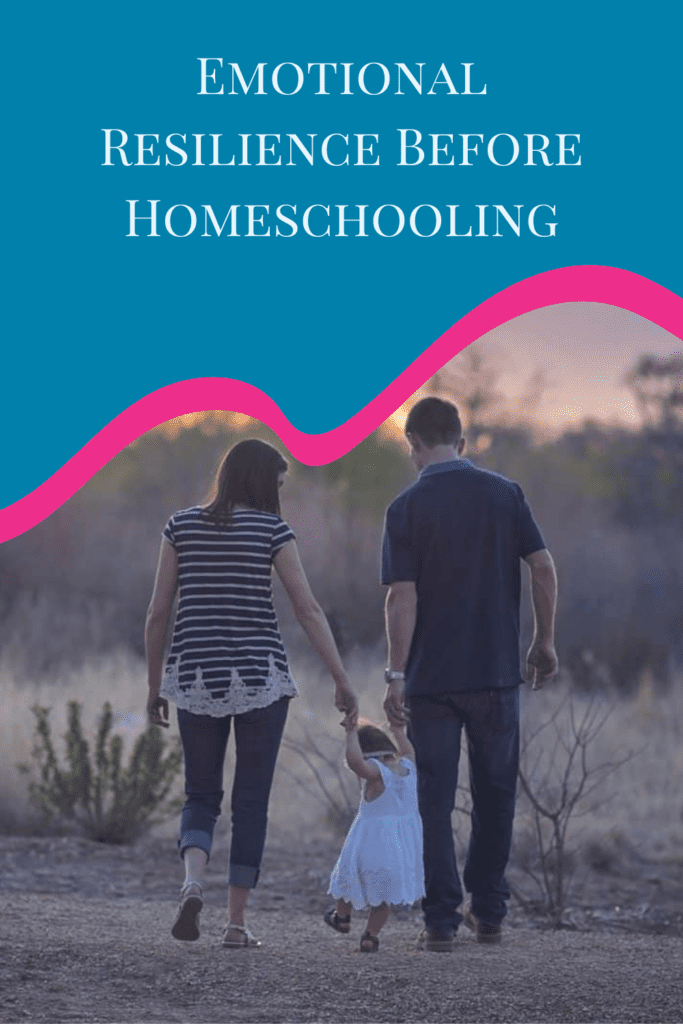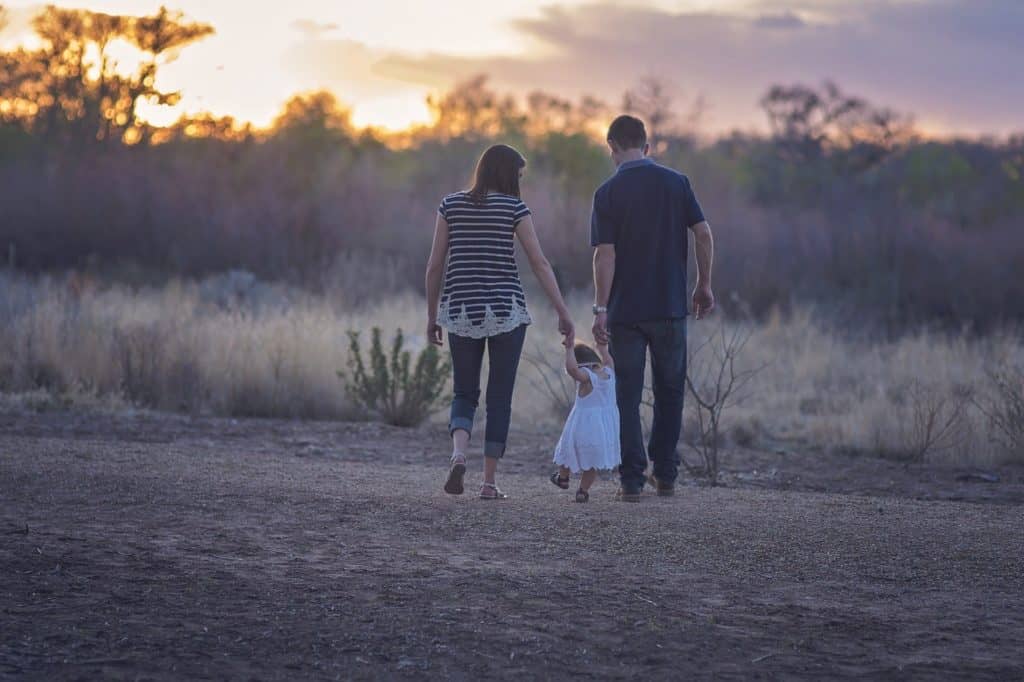“It was the best of times, it was the worst of time.” – Charles Dickens, A Tale of Two Cities
That quote has been circling through my head these last weeks. If we try to emotionally bypass the absolute insanity of what is happening right now, we might cause worse damage.
Allowing ourselves to feel the grief, fear, disappointment and even anger about all those activities, trips, events and celebrations we were looking forward to is normal, if not necessary.
A Teachable Moment
We need to teach our children that too. Feeling all that heavy stuff is crucial to moving through those heavier feelings so we can come out on the other side.
Many adults are struggling with both the financial strain of layoffs, working from home, economic uncertainty as well as the fear of their immune compromised loved ones falling ill.
It’s like overnight the whole world went straight into survival mode—and kids pick up on that stuff.
What’s the Emotional Barometer At?
So, before you determine what or how your child is going to learn or spend their time in the coming months – ask yourself how are you really holding up? What about your partner? Are your kids stressed, disappointed about not seeing their friends or are they sharing your adult worries?
Homeschooling Emotional Resilience
The one aspect that came through when speaking to everyone in the last week and half is our very first lesson for our children during this time needs to be centred around teaching and modeling emotional intelligence and resilience.
This crisis is truly an opportunity to teach our children how to make lemons out of lemonade. We can model the practices and behaviours that help to maintain emotional stability and that keep our nervous system strong.
Emotional Resilience is Not Pretend Positivity
This doesn’t mean always ‘staying positive’. We can teach our children that this situation totally sucks while also focusing on gratitude and how we can ‘make the best of it.’
This can be an opportunity to teach our children tools that can serve them not only during this crisis but that they can carry with them through difficult times in their teen years as well as adulthood.
Acknowledge ‘It’s not Business as Usual’
At this point many of us who are living in self-isolation have been in a state of semi or full on shock. Every time we turn on the news there is another ‘development’. Our eating has become grazing on whatever is convenient, staying up too late and checking the news way too much. This is normal.
We also want to make sure we are modelling emotional intelligence for our children’s health. This doesn’t have to be complicated. That’s the last thing we need right now.
Keep it Simple
Some simple ways to culture emotional stability are:
Going for daily walks outside with our children and tuning into nature while engaging our senses is one of favourite places to start.
Check in with your children to see how they are feeling and ask them to journal or draw (if they are younger) what they are afraid of and what do they miss doing or who do they miss seeing.
Ensure your children are getting enough sleep. Nothing good will come of staying up past regular bedtimes. The body may need more rest than usual – honour that.
Our first impulse when we are stressed is to comfort eat. I encourage you to be careful of this since junk food like sugar and preservatives actually further strains the resilience of the nervous system. Make time to prepare regular healthy meals. This helps to both nourish the brain and nervous system and also to create a rhythm and sense of safety for you and your children during this unprecedented time.
Connect with your kids like never before. Don’t just binge watch Netflix. Play board games, hike, read stories together, play hide-and-go-seek, build or create something together.
Laugh. Tell jokes, read jokes, make family plays.
Do Facetime or Zoom calls with family and friends.
This is a wonderful opportunity to create memories your children will never forget.
When the World Feels Scary, Make Home a Safe Haven
The world might feel unsafe right now but we can teach our children that even when things feel crazy and uncertain around them that they can build a space in their home and inside themselves that is safe – a place where they can cry, grieve, feel angry, recharge and reconnect.
Emotional fortitude is the most important lesson we can teach right now – all the rest is extras.


